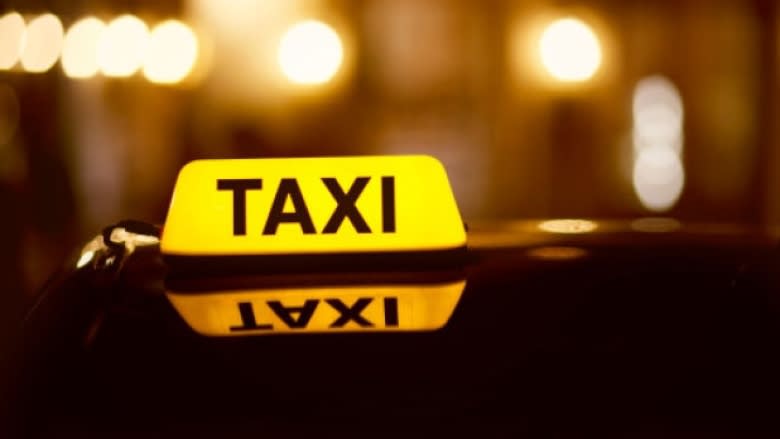N.L. unveils tougher car and driver rules for taxi industry, but no background checks
The Newfoundland and Labrador government is making moves to ensure taxis are roadworthy and cabbies are capable of driving safely — but has stopped short of requiring background checks into their past behaviour, when they aren't behind the wheel.
The province has instead left that task to cab companies and municipalities.
"Because the taxi industry, the taxi companies, are doing it themselves," Service NL Minister Sherry Gambin-Walsh told reporters.
"They've taken ownership of that requirement. And they understand the safety concerns engaged around that particular process."
The minister said she remains open to discussions with St. John's city council, which has asked the province to include background and vulnerable sector checks in its licensing requirements.
Council made that request after a 2016 CBC News investigation revealed gaps in oversight of taxi drivers.
The issue has been in the spotlight since a cabbie was charged earlier that year with on-the-job sexual assaults. He has since been convicted.
Drivers, taxis subject to new regulations
Among the series of regulatory changes unveiled Wednesday morning, were requirements for specialized driving training for new cabbies, and more random inspections of vehicles.
Derek Hayter of Newfound Cabs welcomed the moves by the province.
"Going forward, it's going to make a positive change to the industry, with little doubt it's going to be a positive change, in that the drivers will have a more professional standing. Their driving skills will be improved," he said.
New drivers will need to be licensed for at least two years before they can apply to pilot a cab, and pass a written exam and road test.
Drivers from jurisdictions that don't have a reciprocity agreement with Newfoundland and Labrador will have to hold a licence in this province for two years before applying to drive a taxi. That's up from one year now.
On the enforcement side, taxi licences will be revoked for anyone with three or more Highway Traffic Act driving-related convictions in a two-year period.
Licences will also be pulled for any Criminal Code conviction related to driving, or Highway Traffic Act conviction related to bodily harm and/or death.
There will also be new inspection requirements, after a recent series of roadside inspections turned up issues.
According to the province, 87 cabs were put under the microscope.
Three out of every five taxis inspected were non-compliant. Those violations could range from minor administrative issues, such as not having a proper sticker posted on the windshield, up to more serious mechanical defects.
More than one in four drivers had past convictions — mostly for speeding, but five had convictions for operating an unregistered and uninsured vehicle.
Gambin-Walsh said the province has worked with the industry in rolling out the new regulations, which come into effect in July.
"I feel that the majority of those who are driving taxis, and the majority of owners and operators, are good with these changes and support these changes, and are interested in the safety of the motoring public," she said.
Gaps in taxi oversight revealed
A year and a half ago, a CBC News investigation revealed gaps in oversight for the taxi industry in St. John's.
Soon after, St. John's city council began lobbying the province to create a special class of taxi licence that would include background checks for drivers.
But the province has remained cool to the idea.
While the conflict continued between the two levels of government, the industry began making moves to regulate itself, and burnish its image.
Some taxi companies now require drivers to provide a criminal background check and vulnerable sector check.
"We were already doing that anyway," said George Murphy of Jiffy Cabs, which has about 200 drivers.
"If there's an argument between government and municipalities over that ... let them argue."
The Newfoundland and Labrador Taxi Alliance recently received $52,000 from the province to go toward first aid, sensitivity and driver training.
And this week, St. John's council approved a plan to partner with the industry to help keep an eye on the streets.



